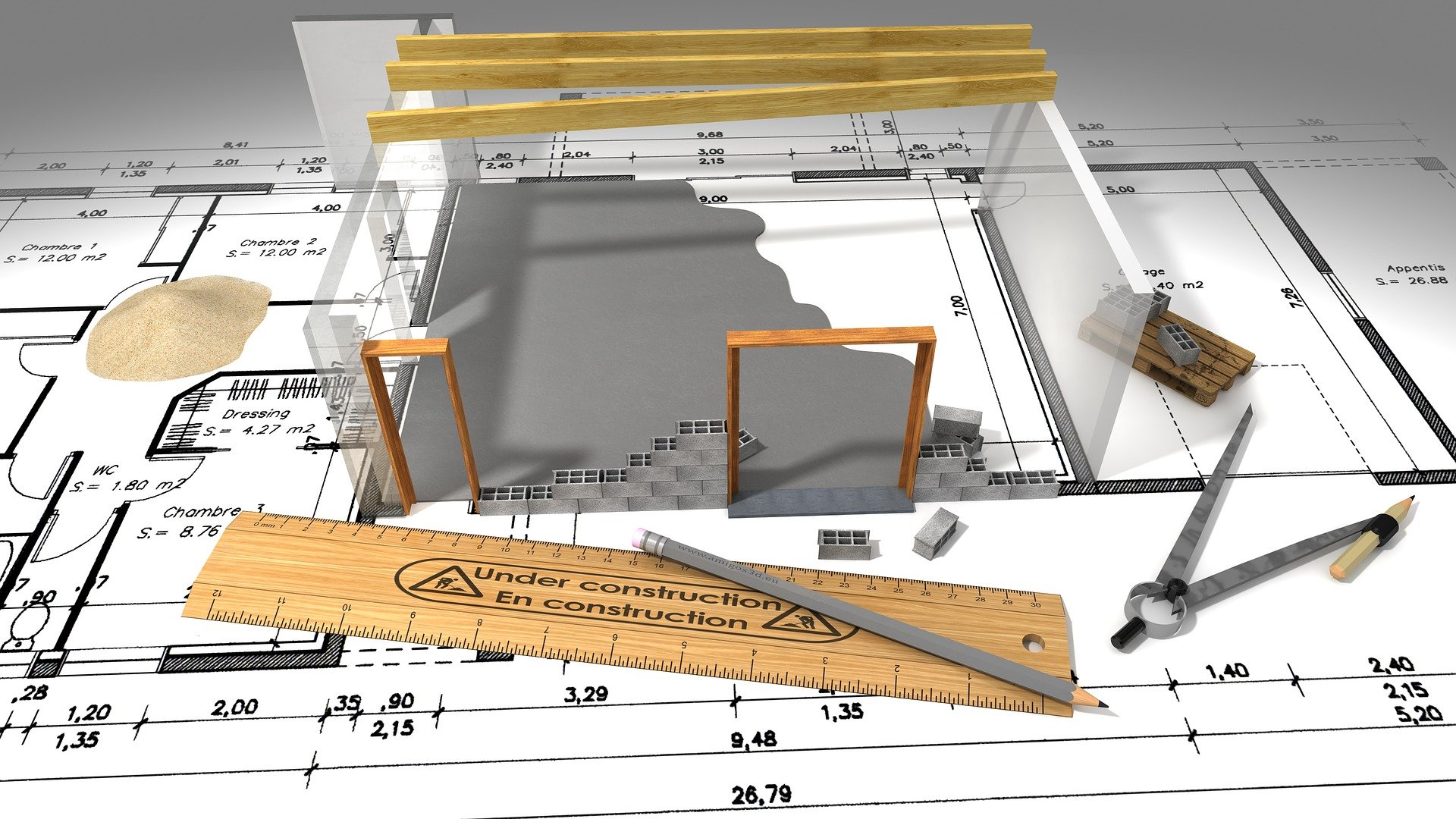Building a Successful Business Doesn’t Have to be Slow and Painful
The majority of small and medium sized construction companies have the construction part figured out but get overwhelmed by the “business” side of things. Most of the people working at these companies learned a trade…not how to run a business.
Like me, most started doing business full of enthusiasm, having no clue what could go wrong. I had no clear plan or system for running a business.
Trying to balance construction projects and running the business can be overwhelming.

I had no idea how to do a proposal, a production budget, or accurately invoice a customer for progress payments. No one told me I should set money aside for things like taxes, tools, or emergencies.
One day I looked up and wondered how I got here. I liked building things…not necessarily running a business. As I built my business, I learned these things, but it was a slow and painful process.
The truth of the matter is…building a business doesn’t have to be slow and painful if you know how.
Think about it, a traditional trade school education will cost between $7,000 and $40,000. It’s been my experience that a real-world, hands-on education is worth even more. Often classroom education doesn’t translate well to the construction site.
Early on in my construction career, I was working for a local house framer. On a couple of different occasions, he hired some young men from the community college’s construction program, for summer help. After a few times of doing this, he stopped.
He said, “It took longer to unteach and reteach than it did to start from scratch.”
Looking back, I now realize how valuable that hands on education was. I just wish I’d had someone teach me the business part.

Instead, I got my business degree from HKU, also known as Hark Knocks University. And let me tell you, the tuition is high and it takes a long time to graduate. What’s an education like that worth?
Wouldn’t be great if you could get 40 years of experience without having to wait 40 years to use it?
You can!
This is what we’re doing a Solution Building. We are taking those 40 years of hands on, trial and error education and making it available to other contractors through programs, trainings and downloadable tools.
One of these tools is the Blueprint for Building a Better Proposal system.

This proposal system allows for the preparation of proposals that communicate clearly and accurately with customers, while allowing for increased profitability. It will give construction companies years of advantage over the competition for a lot less than the cost of a traditional education.
Currently this proposal system is available at a Holiday price of $497 plus some additional bonus templates through the end of the year.



